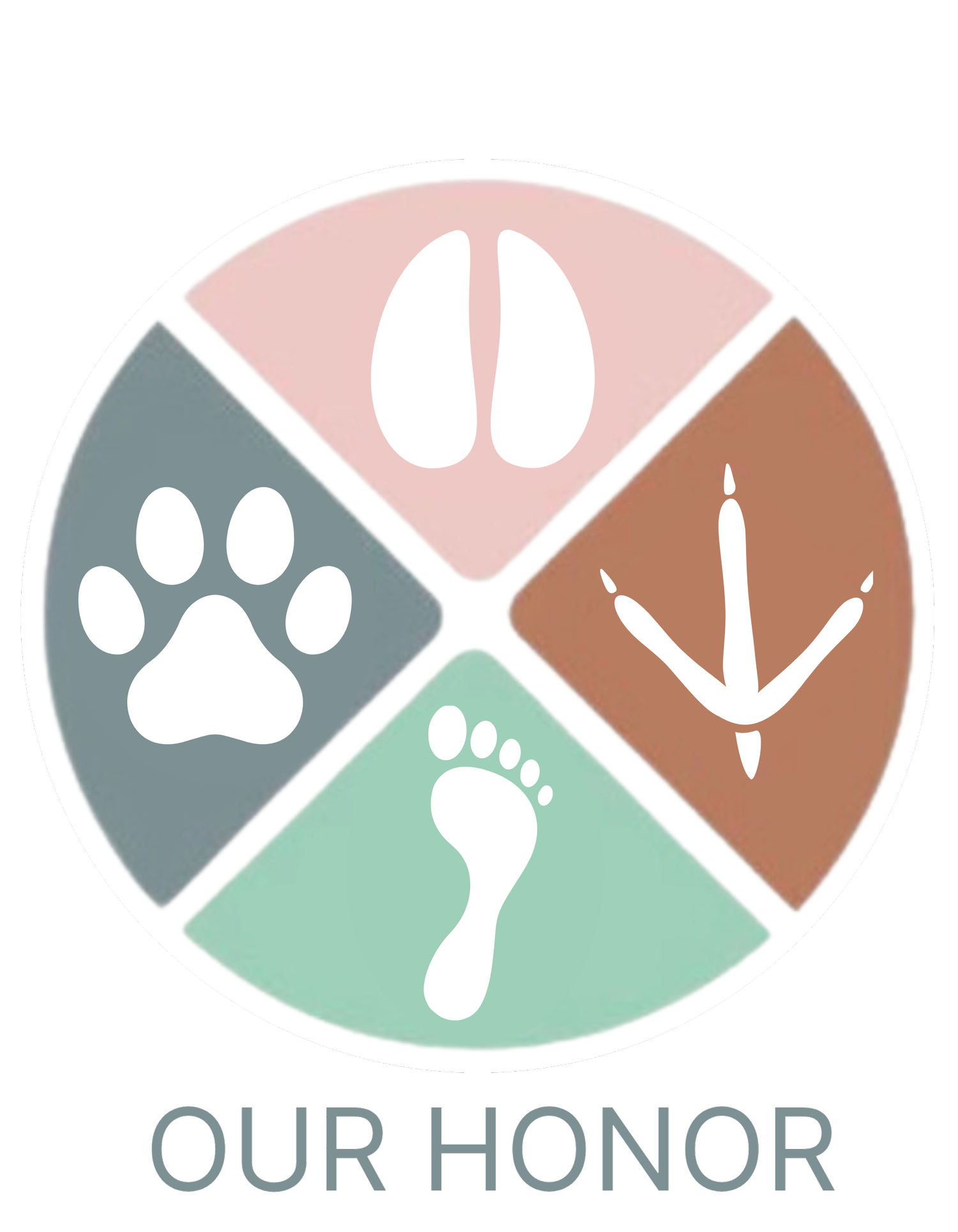I Urge You to Oppose AB 411: The CATTLE ACT
Allied groups can send a letter in opposition via the:
California Position Letter Portal
You can also sign on to this letter below to let us know you support us. But sending it personally is more effective. Do both!
Subject: I Urge You to Oppose AB 411—The CATTLE Act
Dear Representative,
I respectfully oppose AB 411, the “C.A.T.T.L.E. Act,” currently on the suspense file. This measure presents significant and costly environmental threats—particularly to the already overburdened Central Valley aquifer, which sustains much of California’s agriculture and drinking water supply—alongside considerable regulatory and enforcement challenges.
The Central Valley aquifer has been strained for decades by intensive agricultural and livestock operations, resulting in declining water tables and widespread contamination. Allowing the composting of cattle carcasses risks introducing additional nitrates, pathogens, and other contaminants into this vulnerable system, compounding an already acute public health and environmental crisis.
Groundwater nitrate contamination is pervasive across California’s Central Valley, with levels exceeding the EPA's maximum contaminant level (10 mg/L) in many domestic and public wells. Risk detection revealed that the San Joaquin and Tulare Basins—regions with high fertilizer/manure use and low rainfall—were hotspots for contamination.
Excessive groundwater extraction has also led to severe land subsidence—in some areas, the valley floor has sunk by as much as 28 feet—threatening canals, pipelines, and levees that are essential to the state’s water delivery system. Subsidence has already caused over $100 million in damage to the California Aqueduct, pipelines, levees, and bridges. Leachate from livestock carcass composting is a nutrient-and pathogen-rich liquid that seeps downward with percolating water. If composting is not properly lined or managed, polluted water can clog soil pores, especially in fine sediments like those in the Central Valley. This decreases the soil’s permeability, making it harder for water to infiltrate and recharge aquifers.
Contaminated water may also require artificial pumping and treatment, discouraging the use of groundwater recharge in contaminated areas. If nitrate, pathogen, or prion contamination is detected in groundwater, water managers may restrict recharge operations to avoid spreading contaminants further. This limits the state’s ability to use managed aquifer recharge projects, which are one of the main tools California relies on to slow or reverse overdraft. With reduced recharge capacity and tighter restrictions, more pumping continues without replenishment. This accelerates overdraft and thus worsens subsidence. If aquifer recharge is impaired by contamination from composting operations, subsidence will continue unchecked — leading to higher taxpayer costs for infrastructure repair and water system redesign.
Groundwater provides up to 60% of California’s supply in dry years, yet overdraft rates in the Central Valley continue to far exceed natural recharge. Animal-based protein production, especially cattle and dairy production, already places disproportionate pressure on this limited resource, both through high water demand and significant nutrient runoff that pollutes the aquifer. AB 411 would exacerbate these pressures rather than relieve them.
If composting is permitted, the bill must, at a minimum, require regular inspections and rigorous testing to ensure carcasses are not disposed of in ways that contaminate groundwater or spread disease. The study cited by the bill’s sponsors only composted four cow carcasses—too small a number to allow a statewide policy that could lead to the composting of tens of thousands of carcasses.
Improper composting could enable pathogens to spread via wildlife or runoff, including diseases with pandemic potential. Compounding this risk, producers often do not conduct thorough diagnostic testing when animals die, meaning cattle that succumbed to dangerous infectious diseases could be composted on-farm without detection. Without oversight, this creates an unacceptable risk to food security and public health.
Even if composting is done correctly, catastrophic weather events, such as the floods we experienced in 2023, could disrupt the compost sites, leading to the dislodging of thousands of bodies, contaminating groundwater, and spreading disease.
If composting is allowed, regulators should regularly inspect these compost sites to ensure they are in compliance. However, state regulators are already severely understaffed and overextended, often unable to perform the routine, in-person inspections required under existing law. Expanding their responsibilities without dedicated resources for enforcement would make it nearly impossible to ensure compliance, leaving hazardous practices unchecked.
For these reasons, implementing AB 411 without robust environmental safeguards, comprehensive testing, and adequate enforcement resources risks long-term and irreversible harm to the Central Valley’s groundwater, public health, and food security.
I strongly urge you to hold AB 411 in suspense unless substantial amendments are adopted to ensure fiscal prudence, environmental integrity, and adequate protections for Californians.
Sincerely,
Crystal Heath, DVM
Executive Director, Our HOnor

